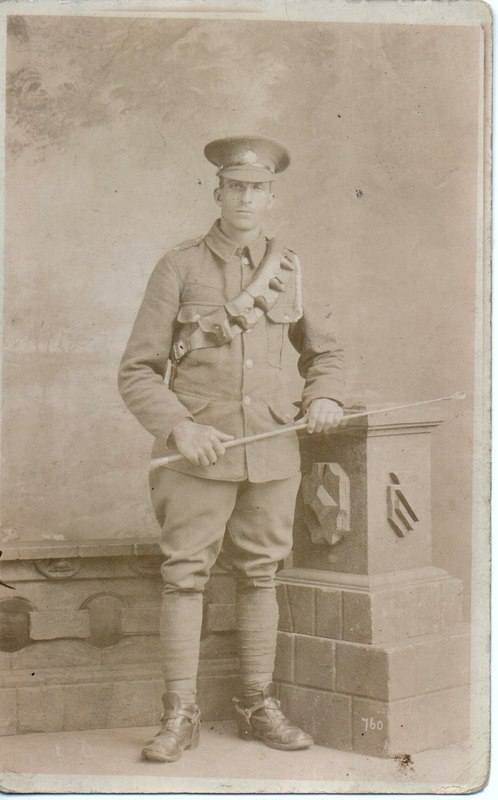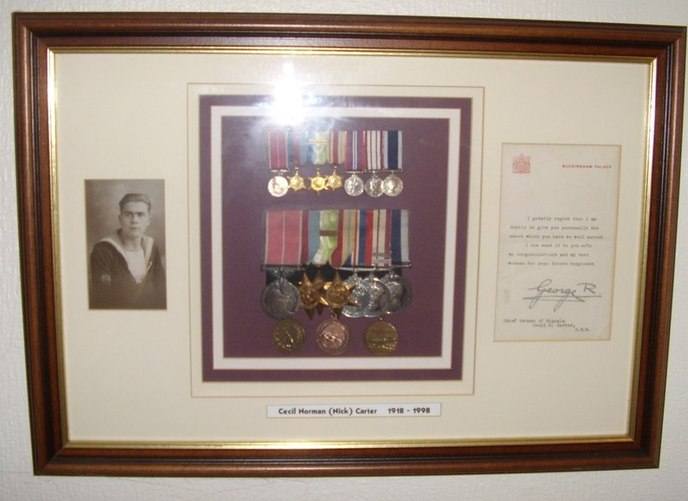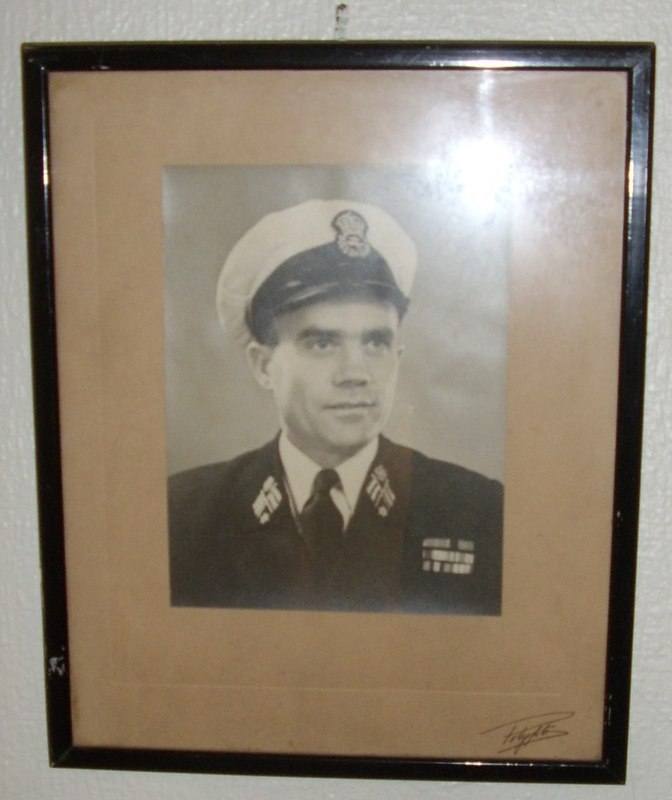“Orders From Berlin” by Simon Tolkien – Book Review.
Posted on
This book centres around a German plot to assassinate Winston Churchill in 1940. It isn’t the first book to imagine such a scenario and it won’t be the last.
Lovers of World War II fiction would normally gobble up such a story, and by a famous writer too, or at least the grandson of a famous writer. How annoying it must be to read comments such as: He’ll never be as good as his father, or grandfather, in this case, and unfair too, but some reviewers have said precisely that. Mind you, it didn’t seem to do Martin Amis or Evelyn Waugh any harm.
The problem with this book is the number of errors within. Several people have pointed out the use of plastic evidence bags being used in 1940. Really? Come on! And there were several more that I won’t waste your time with here, but the one that really got me was the scenario of the ageing homosexual who was being blackmailed with compromising photographs, pictures that fall into the hands of the police, and they can’t decide whether the young man in the shot is over the age of consent.
There was no age of consent for homosexual acts in 1940, for homosexuality was illegal, full stop, and remained so until 1967, think Alan Turing, for goodness sake. This is such an obvious nonsense, and one so surprising when the writer’s main profession is listed as that of being a criminal law barrister, so that is puzzling in the extreme.
This is all something of a pity for within this book there is the basis for a really good novel. The writer missed a trick by not expanding on the German end of things featuring the villainous and ultimately doomed Reinhard Heydrich, who was assassinated by Czech operatives working for British intelligence in 1942.
At the end of each chapter I yearned for the action to switch back to Germany, but it never really came until it was too little and too late, and the moment had most definitely passed.
Don’t get me wrong, I did enjoy reading this book, but with the errors, it made one start looking for more inaccuracies rather than just sitting back and reading and enjoying the story. The book was published in the United States. Maybe if it had been edited and produced in England things might have run a little more smoothly. More research was certainly needed and editors who knew something of the period too, and for that reason I am giving this book three stars.


